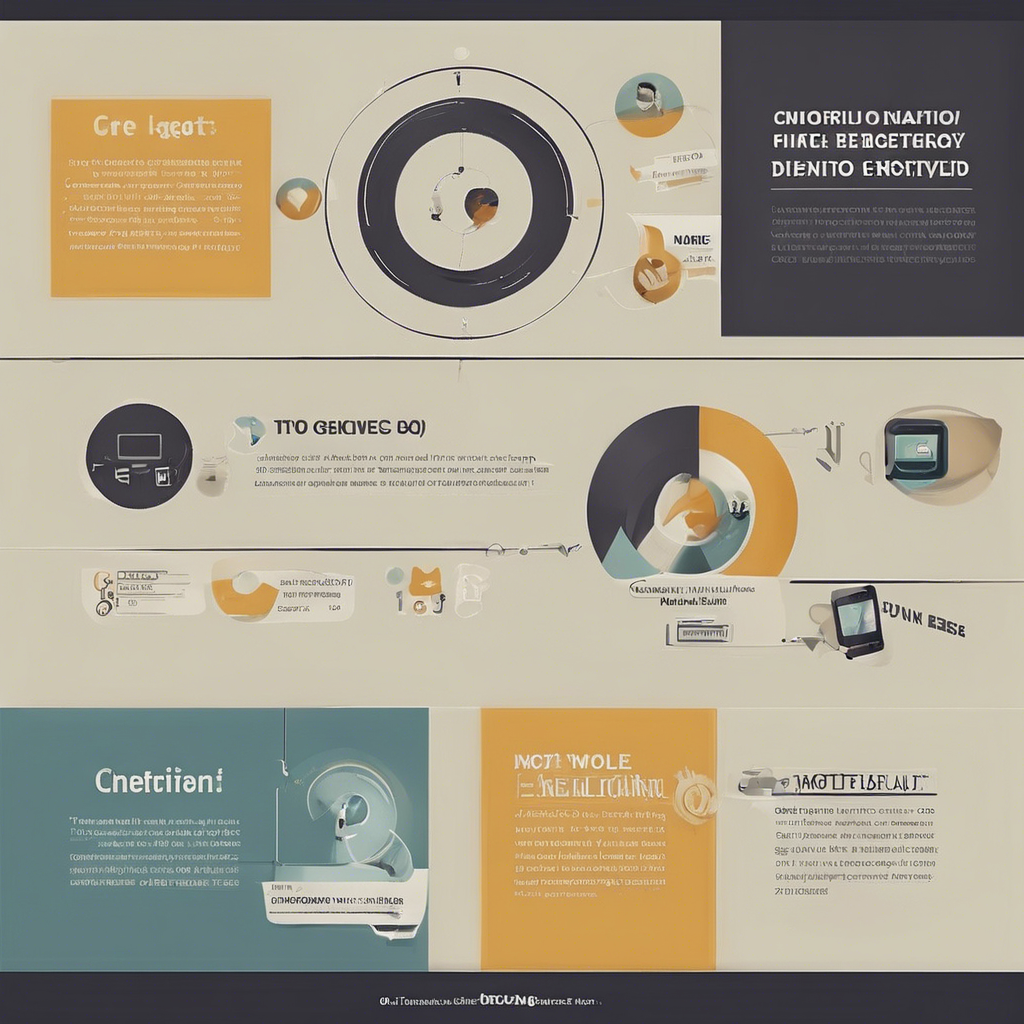
In a fast-paced digital era characterized by constant technological advancements, the ubiquitous presence of mobile technology has revolutionized the way we interact with the world around us. The profound impact of mobile devices on our daily lives extends far beyond mere convenience; it has fundamentally transformed the very fabric of society, shaping how we communicate, work, and entertain ourselves.
One of the key reasons why mobile technology has become so crucial in the modern world is its unparalleled ability to facilitate instant and seamless communication. Through a myriad of messaging apps, social media platforms, and email services, mobile devices have bridged the gap between individuals separated by vast distances, fostering connections and relationships that would have been unimaginable just a few decades ago.
Furthermore, the integration of mobile technology into various aspects of our professional lives has streamlined workflows, increased productivity, and enabled remote work capabilities on a scale never seen before. With the power of mobile devices at our fingertips, we can now access critical information, collaborate with colleagues, and manage tasks from anywhere in the world, breaking down traditional barriers to efficiency and innovation.
In the realm of entertainment, mobile technology has opened up a world of possibilities, offering a vast array of games, streaming services, and multimedia content that can be enjoyed on the go. Whether we are commuting to work, waiting in line, or simply relaxing at home, our mobile devices provide a gateway to a universe of entertainment options, catering to our diverse interests and preferences.
Ultimately, the paramount importance of mobile technology in the modern world lies in its ability to empower individuals, enhance connectivity, and enrich our lives in ways that were previously unimaginable. As we continue to embrace the possibilities offered by mobile devices, it is clear that their influence will only continue to grow, shaping the future of society and redefining the boundaries of what is possible.
1. Enhanced Connectivity
Mobile technology has truly transformed the way we communicate and interact with one another in today's fast-paced world. With the advent of instant messaging apps, such as WhatsApp, Facebook Messenger, and WeChat, individuals can now exchange messages, photos, and videos in real-time, regardless of their physical location. This level of connectivity has not only made staying in touch with loved ones more convenient but has also facilitated seamless collaboration among colleagues and business partners.
Furthermore, social media platforms like Facebook, Instagram, and Twitter have played a significant role in shaping how we share our lives with others. These platforms have become virtual spaces where people can connect, engage, and express themselves through posts, photos, and videos. The ability to stay connected with a global network of friends and acquaintances has made the world feel smaller and more interconnected than ever before.
In addition to messaging and social media, the rise of video calling technology has brought a new dimension to remote communication. Platforms like Skype, Zoom, and FaceTime have made it possible for individuals to have face-to-face conversations with others, regardless of the distance between them. This has not only enhanced the quality of communication but has also fostered a sense of closeness and intimacy in relationships that transcend geographical boundaries.
Overall, the impact of mobile technology on human connectivity cannot be overstated. It has broken down barriers of time and space, allowing us to communicate and interact with others in ways that were once unimaginable. As we continue to embrace and adapt to these technological advancements, the world truly becomes a more interconnected and accessible place for all.
2. Efficient Work Practices
Mobile technology has revolutionized the way professionals approach work in today's fast-paced world. The convenience of accessing emails, documents, and business applications on the go has transformed the traditional concept of work confined to the office. This flexibility not only enhances productivity but also allows individuals to better balance their personal and professional lives.
With the rise of mobile devices, remote work has become more prevalent than ever before. Professionals can now work from virtually anywhere, whether it be from home, a coffee shop, or while traveling. This level of flexibility has opened up new opportunities for collaboration and communication, as teams can stay connected and work together seamlessly regardless of their physical location.
Moreover, the ability to manage tasks efficiently on mobile devices has streamlined workflows and increased overall efficiency. Tasks that once required being physically present in the office can now be completed on the go, saving time and resources. This shift towards mobile work has not only benefited individuals but has also had a positive impact on businesses, leading to improved performance and a more agile workforce.
3. Education and Learning
Mobile technology has revolutionized the education sector in numerous ways, offering a plethora of benefits that have reshaped the learning landscape. One of the most notable impacts is the increased accessibility to educational resources that students now have at their fingertips. With mobile devices, learners can easily access a vast array of information, ranging from e-books and online courses to educational apps and multimedia content.
Furthermore, the introduction of virtual classrooms through mobile technology has redefined the concept of traditional education. Students no longer need to be physically present in a classroom to engage with their peers and instructors. Instead, they can participate in real-time discussions, submit assignments, and even attend lectures from anywhere in the world.
Collaborative learning has also been greatly enhanced by mobile technology. Students can now work together on group projects seamlessly, regardless of their physical location. This fosters a sense of teamwork and cooperation among learners, promoting a more interactive and engaging learning environment.
Overall, the integration of mobile technology in education has opened up a world of possibilities for students and educators alike. It has not only made learning more convenient and flexible but has also enriched the educational experience by offering innovative ways to engage with course material and interact with peers. As technology continues to advance, the potential for further enhancements in the education sector through mobile devices is limitless.
4. Entertainment on-the-go
The entertainment industry has been transformed by mobile technology. Users can stream movies, listen to music, play games, and engage in a plethora of entertainment options right from their smartphones or tablets. Mobile apps have provided a convenient platform for entertainment, catering to diverse interests and preferences.
5. Health and Wellness Tracking
Mobile technology has also made significant inroads in the healthcare sector by enabling individuals to track their health and wellness activities. From fitness apps to calorie counters and meditation guides, mobile devices empower users to take charge of their well-being. Wearable devices connected to mobile apps have further revolutionized health monitoring by providing real-time data on physical activities and vital signs.

6. E-commerce and Online Shopping
The rise of mobile technology has reshaped the retail landscape, with more consumers opting for online shopping through mobile apps. E-commerce platforms offer convenience, personalized recommendations, and seamless payment options, creating a hassle-free shopping experience for customers. Mobile devices have transformed the way people shop, influencing purchasing decisions and consumer behavior.
7. Innovative Solutions with Mobile Apps
Mobile applications have opened up a world of possibilities, providing solutions for various needs and interests. Whether it's ordering food, booking travel tickets, or managing finances, mobile apps offer convenience at the tap of a screen. The app ecosystem continues to expand, catering to diverse user requirements and enhancing user experiences across different domains.
Conclusion
In conclusion, mobile technology has become an integral part of our lives, shaping the way we communicate, work, learn, and entertain ourselves. Its pervasive influence extends across various sectors, driving innovation, connectivity, and convenience. As we embrace the advancements in mobile technology, we are witnessing a transformation in how we interact with the world around us. Embracing the power of mobile devices, we pave the way for a future where possibilities are endless, and connectivity knows no bounds.

Let's continue to embrace the potential of mobile technology and leverage its capabilities to create a more connected and efficient world.
Ensure to stay tuned for more insightful articles on technology and innovation!

Commentaires